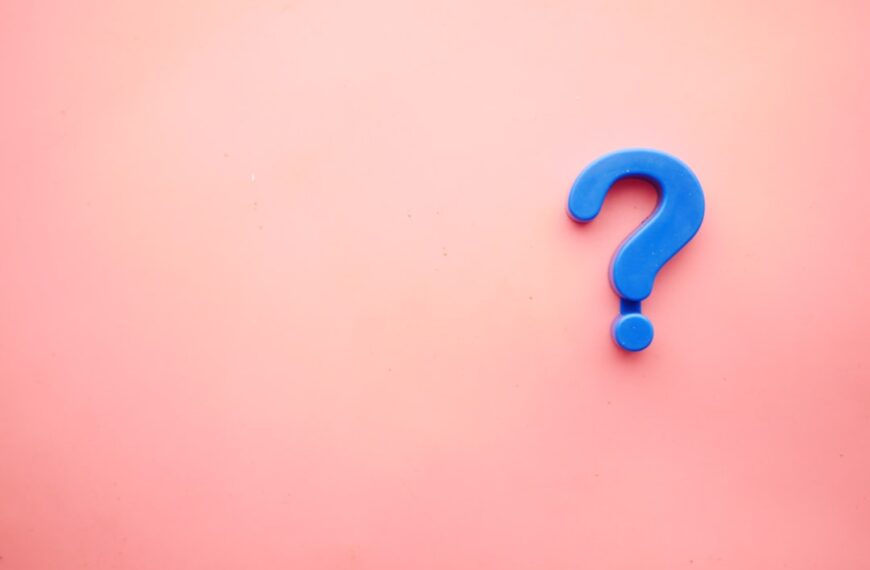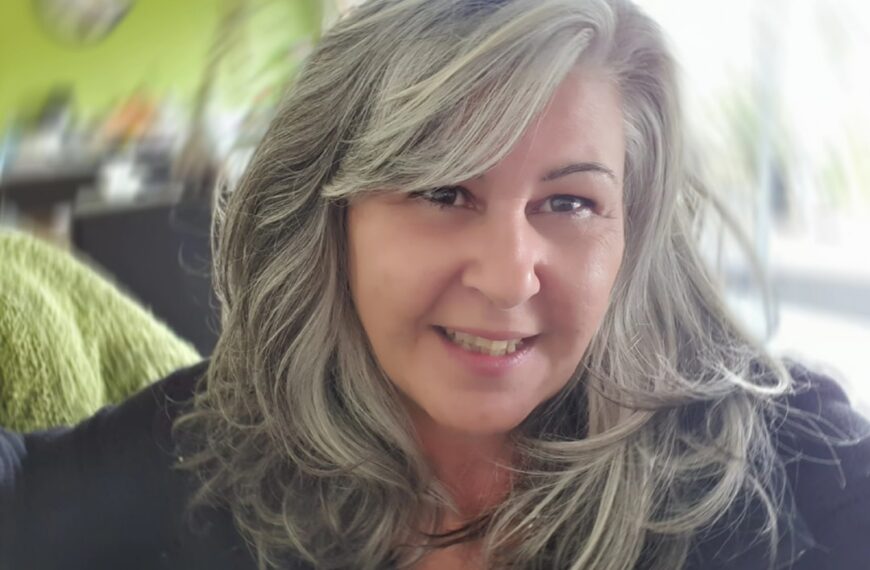We live in a culture that glorifies certainty. From the confident pronouncements of experts on television to the unwavering opinions shared on social media, the pressure to always have an answer, to always be right, is immense. This pressure often leads us down a dangerous path: the path of pretending. Pretending to know things we don’t, offering ill-informed opinions, and ultimately, making poor decisions. But what if I told you that the seemingly weak phrase, “I don’t know,” possesses unexpected strength?
The truth is, admitting you don’t know something is a powerful act of intellectual honesty. It’s a sign of humility, a recognition of the vastness of knowledge and the limits of our own understanding. This isn’t weakness; it’s wisdom. It opens the door to learning, to genuine exploration, and to a deeper understanding of the subject at hand.
Think about it: when you confidently assert something you’re unsure about, you close yourself off to new information. You risk clinging to misinformation, perpetuating inaccuracies, and potentially harming yourself or others. But when you acknowledge your lack of knowledge, you invite correction, you allow for new perspectives, and you pave the way for true growth.
The strength of “I don’t know” lies in its ability to foster better communication. It prevents misunderstandings and fosters trust. When someone knows you’re willing to admit when you’re wrong, they’re more likely to engage with you openly and honestly. It creates space for collaboration and shared learning, replacing defensiveness with genuine curiosity.
Furthermore, embracing “I don’t know” can significantly reduce stress and anxiety. The constant pressure to have all the answers can be incredibly draining. Allowing yourself to say “I don’t know” frees you from that pressure, enabling you to focus your energy on learning and seeking solutions rather than maintaining a facade of omniscience.
In a world obsessed with certainty, the unexpected strength of “I don’t know” is a refreshing antidote. It’s a powerful tool for personal growth, effective communication, and ultimately, a more fulfilling life. So, the next time you’re faced with a question you don’t know the answer to, don’t be afraid to embrace the unexpected strength of those three simple words. You might be surprised by the positive outcomes.









